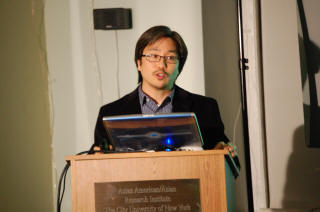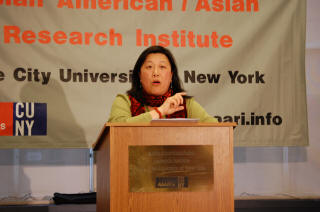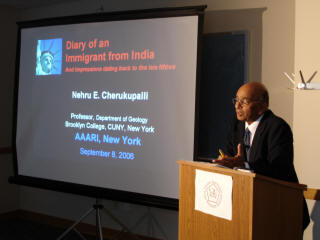Queens immigrant population keeps booming – NY Daily News
More than 75,000 new immigrants streamed into Queens over the past three years — the biggest influx of newcomers in the entire city, Department of City Planning data shows. Source: Queens immigrant population keeps booming – NY Daily News




